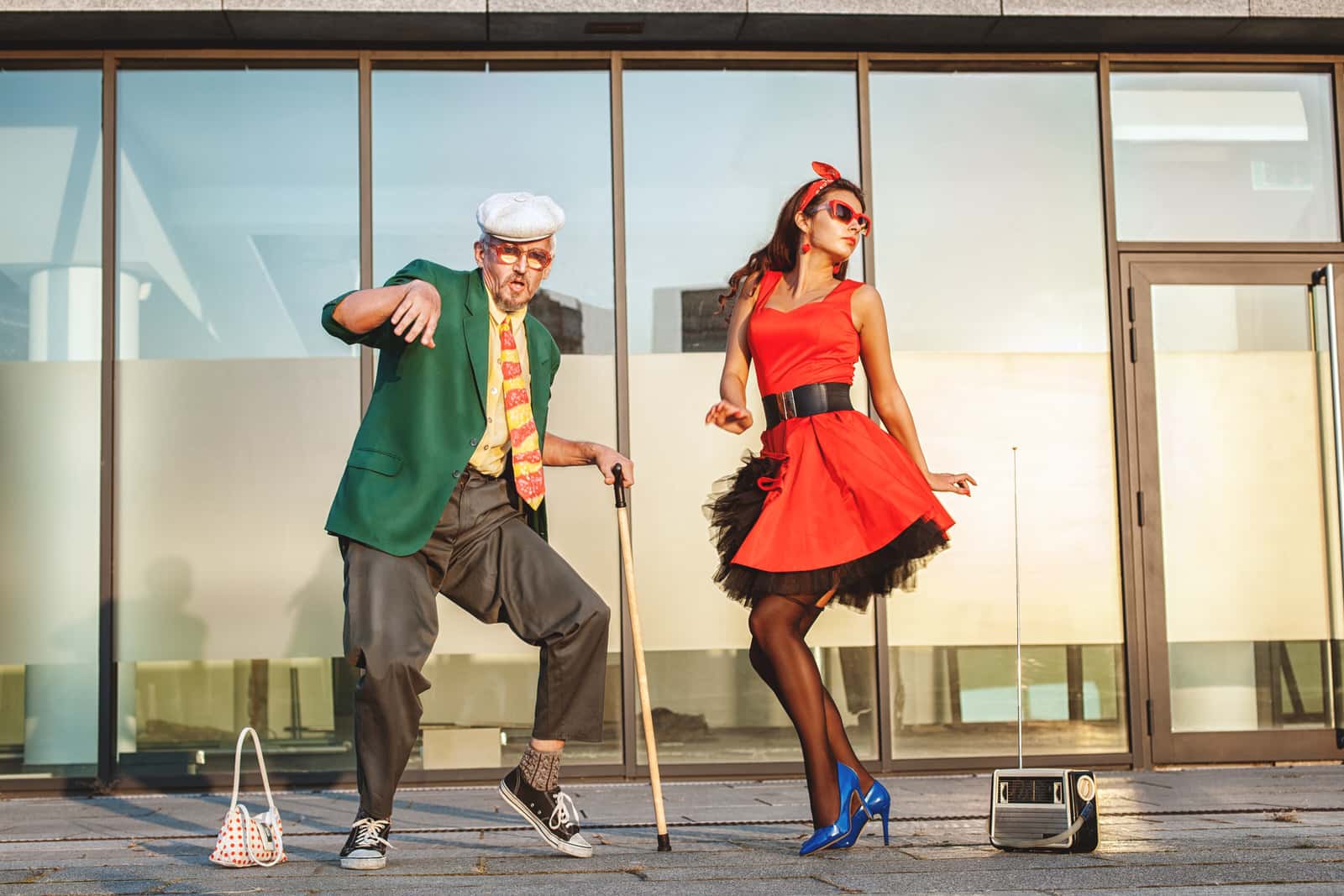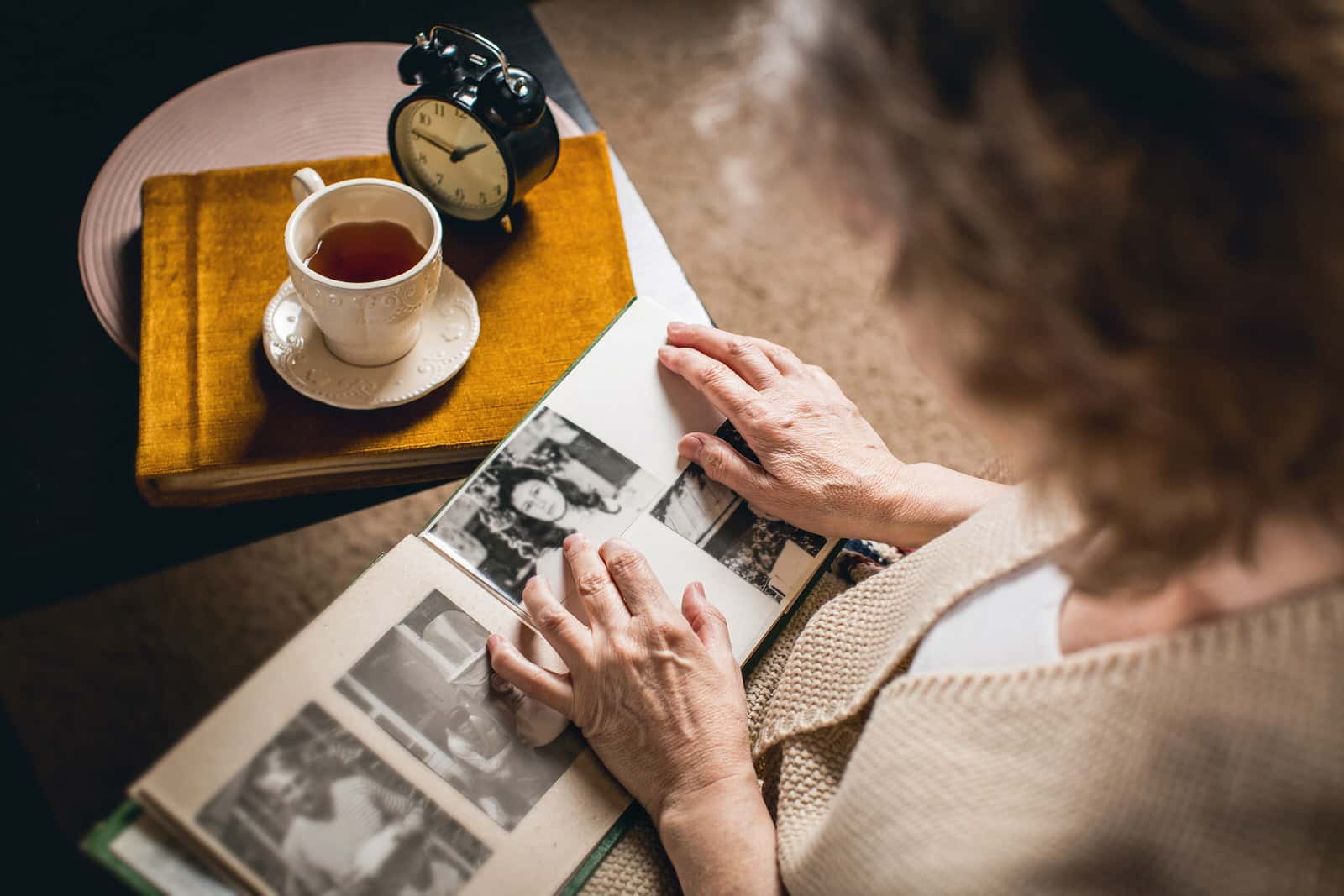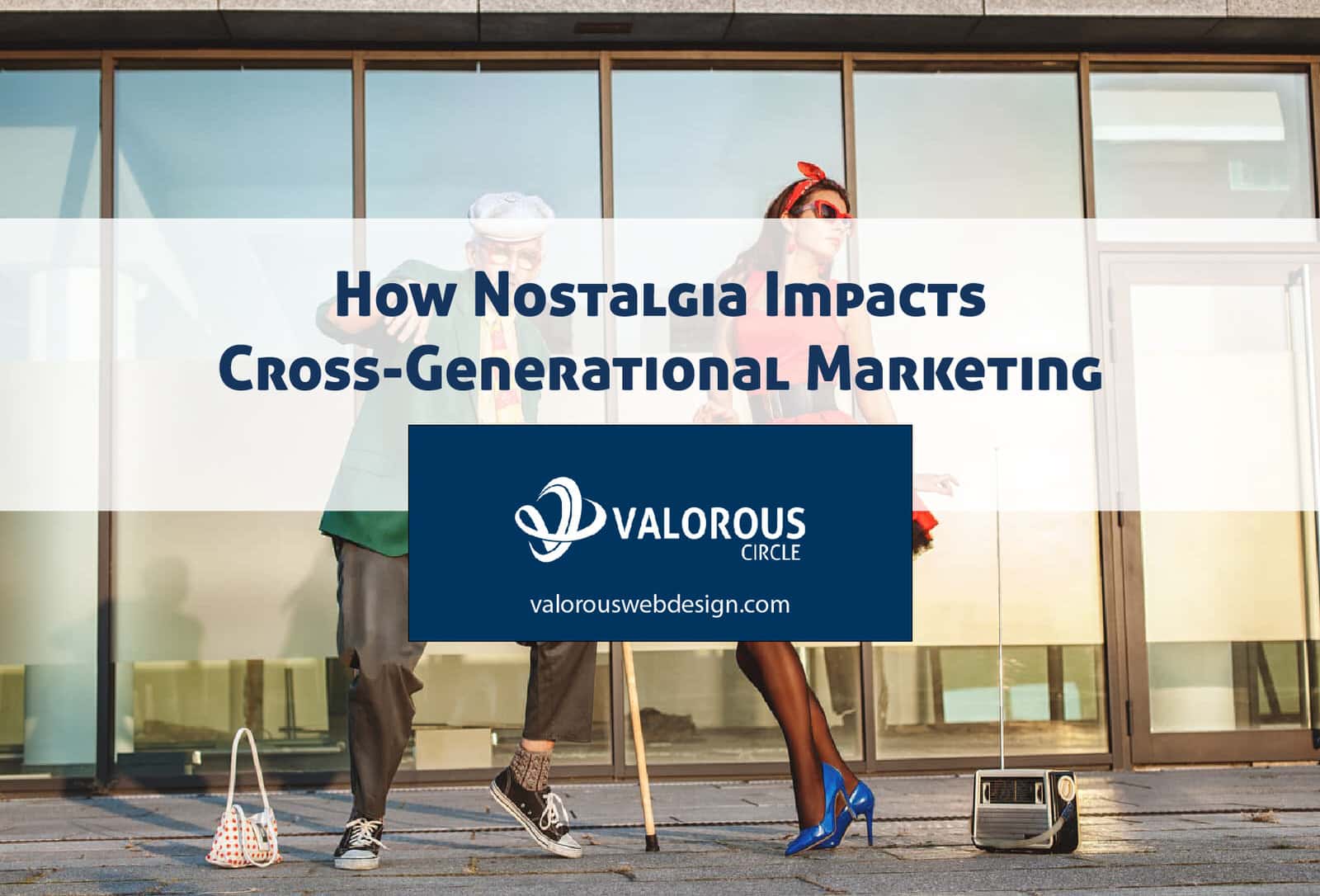Looking to the past through rose-colored glasses is how most of us remember things. And when those memories tie in one of our senses, like the taste of a refreshing drink or the smell of cinnamon rolls, our memories become even rosier. Enter nostalgia marketing.
In its most basic form, nostalgia is looking on something that may not have been the best auditory or visual experience and attaching our yearning and sensory data to it, making it better in our minds.
And marketers love using it to attract all generations.
The youngest generation, iGen, doesn’t often feel nostalgic for things as heavy as their older counterparts. Most of what they know is digitally archived. While memory may not be instantaneous, the ability to search Google and fill in the gaps is.
For Millennials and Generation X, nostalgia comes in the form of television and movies. The resurgence of Full House, The Karate Kid, Roseanne, and Twin Peaks aren’t because Hollywood ran out of ideas. These shows are back on TV or Netflix because executives notice a trend in looking toward the past to guarantee future revenue.

Anniversary Time
We are already living in peak Baby Boomers nostalgia. The 50th anniversaries of MLK’s speech, the Kennedy assassination, Vietnam, the Summer of Love have come and gone, and there are still significant events on the horizon.
After all, we went to the moon. As soon as spring turns to summer in 2019, prepare yourselves for an onslaught of lunar lookbacks in marketing, advertising, and TV specials.
Nostalgia marketing that courts Baby Boomers often leads them away from remotes and smartphones.

Rubbed the Wrong Way
One of the considerable drawbacks of nostalgia is rubbing other generations the wrong way. Catering to one generational aspect, say Millennials, might sour the emotional connections to your brand by Boomers or Gen X.
Look up the nightlife listings in your city. You might see events for 80’s night and 90’s night. Now, are these events drawing 100 percent the same crowd? Not a chance. Even the staunchest hair-bander of material girl will still find issue with grunge and boyband pop, despite all their similarities.
If you look on Twitter or Facebook during any revival, you may also see the phrase “thanks for ruining my childhood.”
Are companies genuinely ruining people’s childhoods with all-women remakes of Ghostbusters or the latest Star Wars or Jurassic Park movies? No, no they are not.
But the perception is unavoidable. The trouble with a nostalgic marketing campaign is that it’s entirely subjective.
Targeting one base to bring back products or media is automatically creating a divide between what one group wants and what another group doesn’t.
For every person excited about Capri Sun back on the shelves, there is going to be someone espousing its detriment to society. Nostalgia marketing, for all its benefits, is still a minefield like any other.



